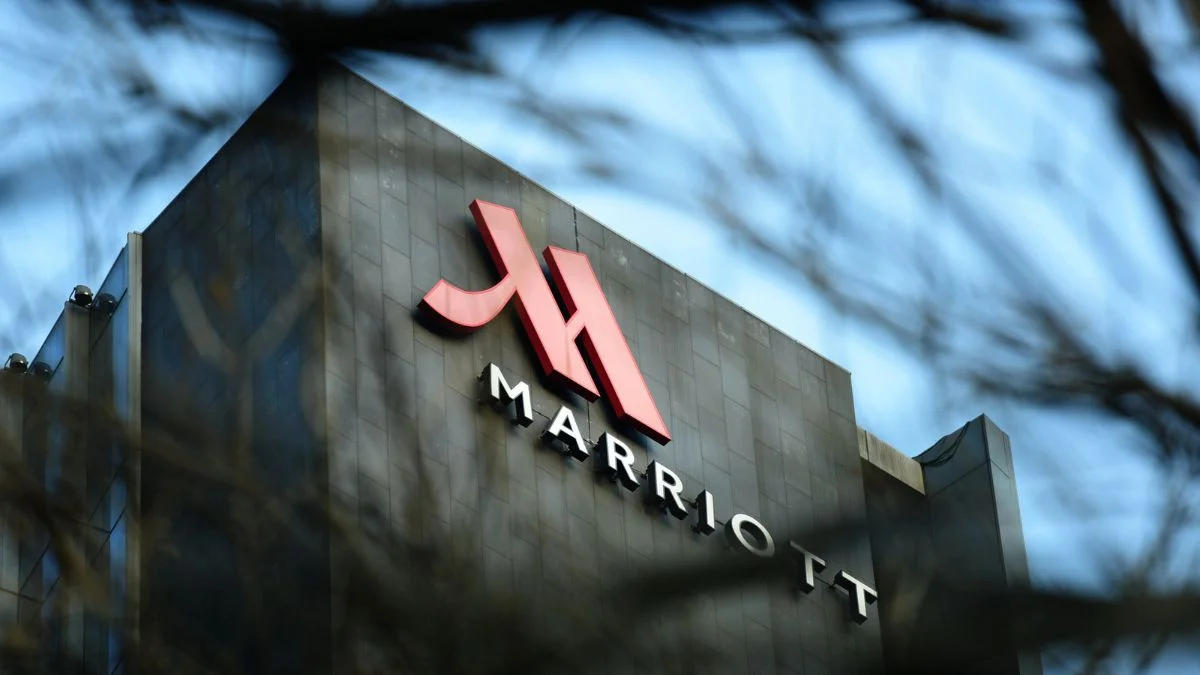What is a Non-Commissionable Rate at Marriott? Explained

As participants in Amazon Associates and other programs, we earn from qualifying purchases. This comes at no additional cost to you. For more details, see our Affiliate Disclosure.
For many travelers, the lingo of hotel bookings can sometimes sound like an entirely different language. Among the myriad of terms, “Non-Commissionable Rate” stands out, especially if you’re planning a stay at a Marriott property. But what does it really mean, and why is it significant to both guests and travel agents? This article dives deep into the concept of the non-commissionable rate at Marriott, demystifying its definition and its implications for your next booking.
Understanding Hotel Commission Structures: A Brief Overview
In the vast landscape of the hospitality industry, hotel commission structures play a pivotal role in the relationship between hotels, travel agencies, and third-party booking platforms. At its core, a commission is a fee that a hotel pays to these entities for every booking they secure on behalf of the hotel. These commissions serve as incentives for agents and platforms to promote a particular property, ensuring its rooms are filled and revenue is generated. The percentage of commission varies, but in many cases, it ranges from 10% to 30% of the room’s rate. This means that for a $100 room booking, the hotel might pay anywhere from $10 to $30 to the booking agent or platform.
As one might expect, these commissions can accumulate, significantly impacting the bottom line for hotels. To counterbalance this, hotels sometimes offer rates that don’t carry commissions—aptly named non-commissionable rates. These rates are typically lower than standard rates and are designed to attract guests who book directly through the hotel’s channels, thereby allowing the property to save on commission costs. It’s a strategy that benefits both the hotel, which retains more revenue, and the guest, who often receives a more competitive rate.
The Specifics: How Marriott’s Non-Commissionable Rates Work
Marriott, as one of the world’s leading hotel chains, has its own unique approach to non-commissionable rates, tailored to the brand’s vast portfolio of properties and diverse guest needs. Here’s how their system operates:
- Direct Booking Incentive: Marriott encourages guests to book directly through its official website or app. These direct bookings often come with non-commissionable rates, giving guests a price advantage.
- Loyalty Program Ties: Marriott Bonvoy members might find exclusive non-commissionable rates available only to them, serving as a reward for their loyalty to the brand.
- Limited Time Offers: Periodically, Marriott might roll out special promotions or packages that include non-commissionable rates, enticing guests to book during specific windows.
- Opaque Rate Platforms: These are third-party platforms where the hotel’s name and specifics are revealed only after booking. While these rates can be non-commissionable, they also come with stricter terms and conditions.
Implications for Travelers and Travel Agents: Benefits and Considerations
For travelers, non-commissionable rates can translate to considerable savings, especially when booking upscale rooms or extended stays. Beyond the financial aspect, these rates may come bundled with exclusive amenities or perks that enhance the guest experience. Furthermore, by booking directly, guests often enjoy a smoother check-in process, more flexible cancellation policies, and a more personalized stay. After all, hotels recognize the value in fostering a direct relationship with their clientele and are keen to reward those who bypass third-party intermediaries.
However, travel agents and agencies are faced with a double-edged sword. On one hand, non-commissionable rates can reduce their potential earnings, making it less lucrative to promote such properties. On the other hand, presenting clients with the best possible rates and value can bolster their reputation and foster long-term client relationships. Some agents, recognizing the shifting landscape, have pivoted to charging service fees or adopting a consultancy model to ensure their expertise remains valued and profitable. As the industry continues to evolve, both travelers and agents must navigate the intricate web of rates and commissions, striving to find the best balance between cost, value, and service.






